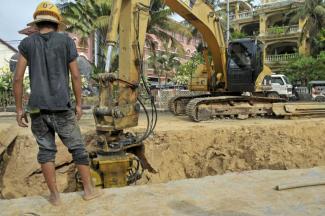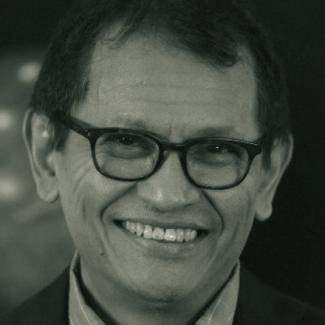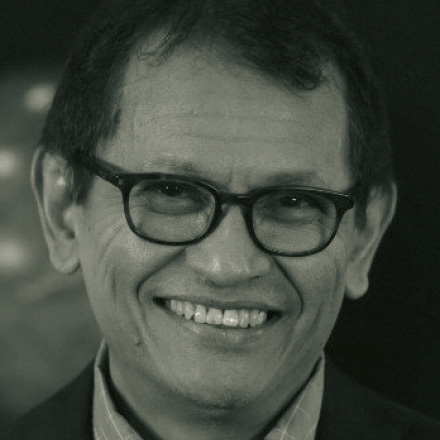Orthodox economics
Beyond structural reforms
 Allgöwer/Lineair
Allgöwer/Lineair
It is correct because labour markets must result in people finding jobs, governments cannot afford to permanently spend more than they generate in revenues, and shielding companies from competition makes them weak. However, the established IFI orthodoxy is often dogmatic and unrealistic. It neglects that reforms have to be politically viable and not merely fit economic textbook models.
For example, IFI economists are likely to focus on balancing public budgets and neglect that slashing expenditure on education and infrastructure – the basis for future success – is harmful, and especially so in times of crisis. To work out, structural reforms have to be well considered, balanced and match local needs.
One must also take into account that they take time. Budget consolidation makes most sense once structural reforms have begun to deliver results and the economy is recovering. Trying to balance it too early, will make the crisis more painful and structural reforms harder to implement.
Let’s not forget that we live in an interconnected world moreover. The deeper one country sinks into crisis, the worse the outlook for other countries becomes (also see main article). (ija)

